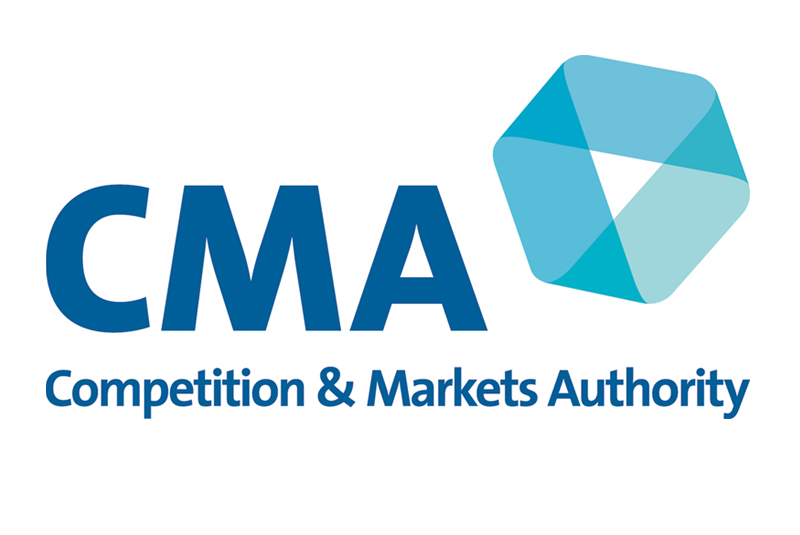
The Competition & Markets Authority (CMA) has issued a warning to businesses with a hard-hitting new campaign that asks firms if they are “Cheating or Competing?” With a particular focus on the construction sector, the launch comes after a sustained crackdown by the CMA against illegal cartels which issued over £43 million in fines last year alone.
Anti-competitive practices like price fixing, bid rigging and dividing markets or customers between competitors — commonly referred to as market sharing — can take place in any business. Furthermore, the CMA reports that a number of recent cases have come from the construction industry, with clear implications for the merchant sector.
Research conducted on behalf of the CMA has revealed that only 6% of firms in the construction sector were familiar with competition law and that general understanding of the illegality of these business practices is low.
For example, 29% of those surveyed thought it was OK to attend meetings with competitors to agree prices. A further 32% thought agreeing not to supply each other’s customers was legal, and a quarter saw no problem with discussing bids and agreeing who would get which tenders.
The new research went on to show that only 6% of management teams of the construction firms surveyed had received competition law training. Additionally, only 6% of the respondents had actively sought out information on how to comply with the law.
Howard Cartlidge, the CMA’s Senior Director of Cartels, said: “The CMA is cracking down on businesses that collude to rip off customers by fixing prices, sharing out markets amongst themselves or rigging bids. Our message to them is that we know cheating when we see it, even if you don’t. Pleading ignorance is no defence; it’s up to businesses to know what these unfair practices look like and avoid them.
“By ensuring you stay on the right side of the law, you can avoid substantial fines, director disqualification or jail. And if you suspect something illegal is going on, report it to us before it’s too late.”
Noting that it “understands that most businesses want to do the right thing”, the CMA says that the campaign is designed to “help them do that and to ensure fair dealing”. It adds: “Putting an end to an illegal cartel means that businesses and customers don’t lose out because others choose to cheat — cheating that comes with serious consequences.”
Lifting the lid
Part of the campaign includes the CMA ‘lifting the lid’ and highlighting the secret conversations that take place inside illegal cartels.For example, an investigation into a pre-cast concrete drainage cartel that resulted in £36m in fines in 2019 revealed that the businesses concerned held regular secret meetings (four of which were secretly recorded by the CMA), away from business premises, in hotel meeting rooms.
With clear implications for merchants, the businesses discussed and agreed certain price lists which were then used by sales teams as a basis for negotiating with customers. They also agreed that they would not compete for each other’s customers on certain fixed price contracts with the CMA asserting that one of the individuals at a cartel meeting said: “…I’m quite happy if we agree jobs, because you know, it is pointless cutting the bloody price, we should be sticking out, as we’ve always said, get a better price…”
Another said: “…just set the term deals up, set the … market rates up and the merchants’ rates up … and the likelihood is you’re going to get the same market share…”
Campaign reach
Targeting firms via social media, and radio and digital display advertising (as showcased currently on the PBM site), the campaign encourages people to visit the CMA’s designated ‘Cheating or Competing?’ page which features videos, short guides and case studies to explain what business cartels are and how people can report them.
Additionally, as the CMA continues to step up its drive to raise awareness of cartels, the campaign has received support from the Federation of Small Businesses and Institute of Directors.
Charlotte Valeur, Chair of the Institute of Directors, said: “Competitive markets are good for both consumers and businesses, encouraging innovation and keeping prices down, so it’s worrying that the CMA have found that many businesses leaders don’t know their full legal responsibilities. Firms should prioritise director training and professional development to ensure they do not inadvertently fall foul of the law.”
Federation of Small Businesses National Chair Mike Cherry said: “Greater awareness is needed for all businesses about these practises, some of which could be ruinous for small businesses. SMEs want to do the right thing, which is why it is so important to have a clear understanding of the law surrounding anti-competitive behaviours such as cartels and price fixing.
“FSB’s own research has found that such practices could have a serious impact on competition as well as issues involving diversity and creating a more complex business environment.”
Click here for more information on the CMA’s ‘Cheating or Competing?’ campaign









